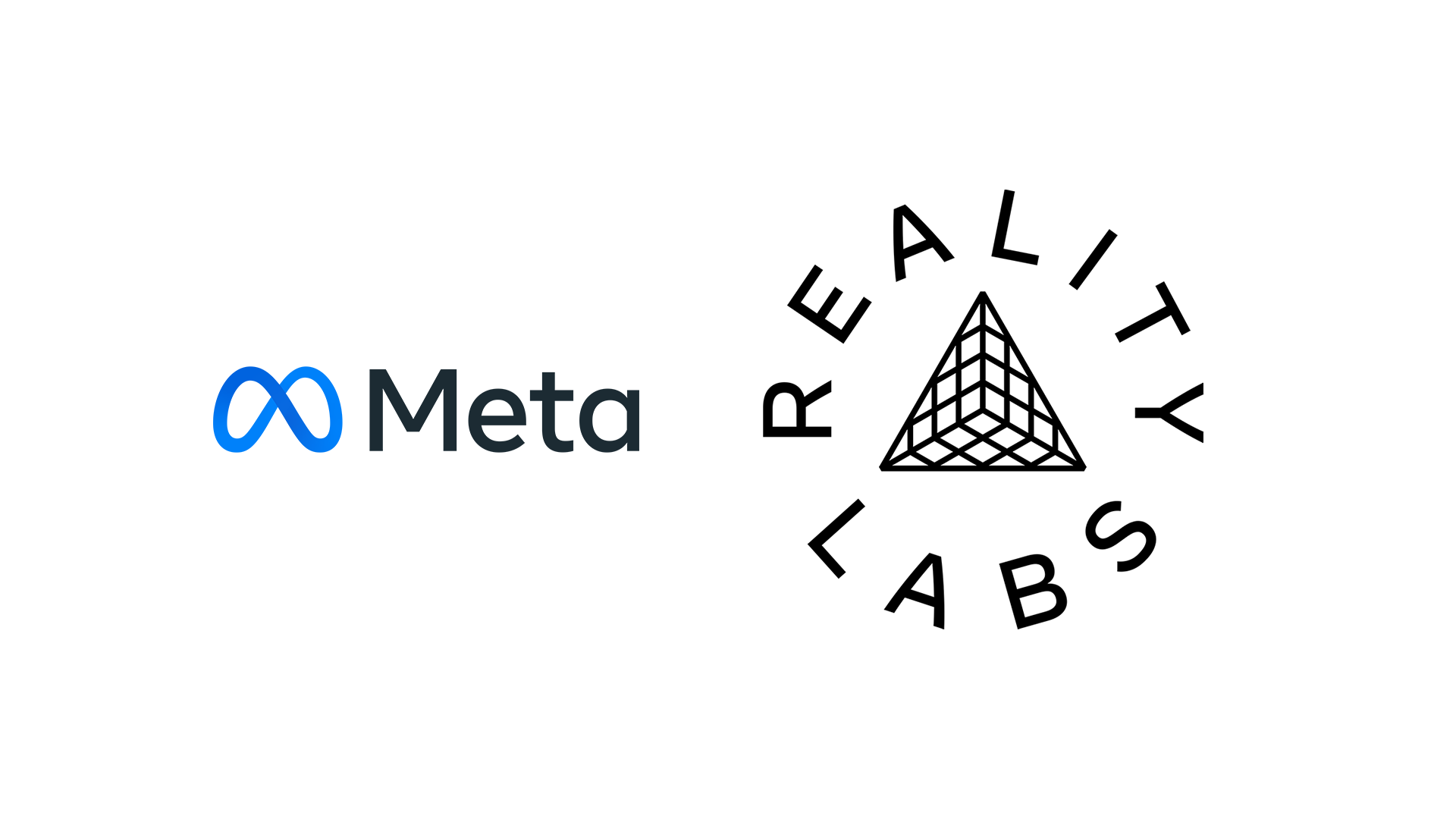How Ontario Is Tackling Trust in Healthcare AI Scribes and Vendor Risk
Healthcare AI scribes are evolving quickly and demand from clinicians is accelerating. At the same time, it is getting harder to differentiate between the growing number of vendors in this space. Who can clinicians trust? OntarioMD recognized this challenge and has created a Vendor-of-Record program to help Ontario doctors.

Healthcare AI scribes are evolving quickly and demand from clinicians is accelerating. At the same time, it is getting harder to differentiate between the growing number of vendors in this space. Who can clinicians trust? OntarioMD recognized this challenge and has created a Vendor-of-Record program to help Ontario doctors.
Healthcare IT Today sat down with Robert Fox, CEO of OntarioMD at the #eHealth25 conference in Toronto, Canada to learn more about their first Vendor of Record (VOR) program for AI scribes. We wanted to know how this program will help clinicians, how it works, and why it is needed.
Key Takeaways
- AI scribes can reduce burden—but only if they’re validated and secure. OntarioMD’s vendor of record program ensures AI tools meet strict clinical, privacy, and security standards so clinicians aren’t left shouldering legal or integration risks.
- Standardization is key to adoption. Clinicians need a common language to describe the requirements for and capabilities of AI scribes. This level of understanding is needed in order to accelerate adoption.
- Support for adoption must go beyond implementation. OntarioMD will act as a broker between physicians and vendors—negotiating contracts, vetting tools, and providing ongoing assistance to maximize value and minimize liability.
Trustworthy AI Starts with Vetting, not Vendor Marketing
For physicians, choosing the wrong AI scribe isn’t just frustrating—it could be a legal liability. That’s why Ontario’s new AI Scribe Program emphasizes due diligence. Built in partnership with the Ministry of Health, Supply Ontario, and OntarioMD, the VOR list features AI scribes screened for documentation accuracy, privacy safeguards, workflow compatibility, and regulatory compliance.
This is more than a vendor directory. It is a clinician-informed safety net. By leveraging this model, clinicians in Ontario can fast-track the adoption of vetted tools while minimizing risks related to data storage, vendor contracts, and legal exposure.
“We protect physicians and other care providers by establishing expectations,” stated Fox. “We do due diligence on these companies, making sure the rules are very clear around data use, where data is stored, and how it is protected.”
According to the OntarioMD website, the VOR list “features qualified solutions that meet the needs of clinicians at prices discounted from current market prices. These Canadian vendors meet Ontario’s privacy and security standards, ensuring clinicians can integrate AI technology responsibly and effectively. [The VOR program] offers the resources to help clinicians select an AI scribe solution tailored to their needs and the needs of patients.“
To build the VOR list, OntarioMD went to the market and asked vendors to provide details about their solution as part of a “bid process”. They asked vendors questions about data privacy, security, operations, and other parameters which are important for clinicians.
Adoption Falters without a Common Framework
The promise of AI will be delayed in Ontario if adoption falters. To capitalize on the excitement around AI, clinicians need a common understanding of what they need out of an AI scribe. They also need to know the baseline capabilities they should be looking for when selecting an AI scribe vendor.
“A standard is really important because we want to ensure that everyone has the opportunity to use tools to provide optimal care,” said Fox. “We don’t want to have ‘haves’ and ‘have-nots’ [when it comes to AI scribes].”
Support is the Missing Link between Pilot and Scale
Most healthcare IT leaders have seen promising tech stall after rollout because clinicians didn’t receive the support they needed to fully adopt it. OntarioMD’s VOR program addresses this gap with hands-on change management, workflow consultations, and peer-led AI literacy training.
“OntarioMD’s new strategic plan has highlighted an opportunity to be a broker or buffer between physicians and vendors,” stated Fox.
By acting as a broker between clinicians and vendors, the organization helps de-risk procurement while improving uptake. CIOs should consider similar models—pairing implementation with tailored training and contract oversight—to help clinicians move from interest to impact.
A Smarter AI Adoption Strategy Is Within Reach
The path to smarter AI deployment isn’t paved with more tools—it’s built through alignment, vetting, and support. Ontario’s AI Scribe VOR program offers a replicable model that prioritizes clinician trust, adoption, and long-term scalability.
Learn more about OntarioMD’s AI Scribe VOR Program at https://www.ontariomd.ca/pages/ai-scribe-overview.aspx
Listen and subscribe to the Healthcare IT Today Interviews Podcast to hear all the latest insights from experts in healthcare IT.
And for an exclusive look at our top stories, subscribe to our newsletter and YouTube.
Tell us what you think. Contact us here or on Twitter at @hcitoday. And if you’re interested in advertising with us, check out our various advertising packages and request our Media Kit.




















































































































































